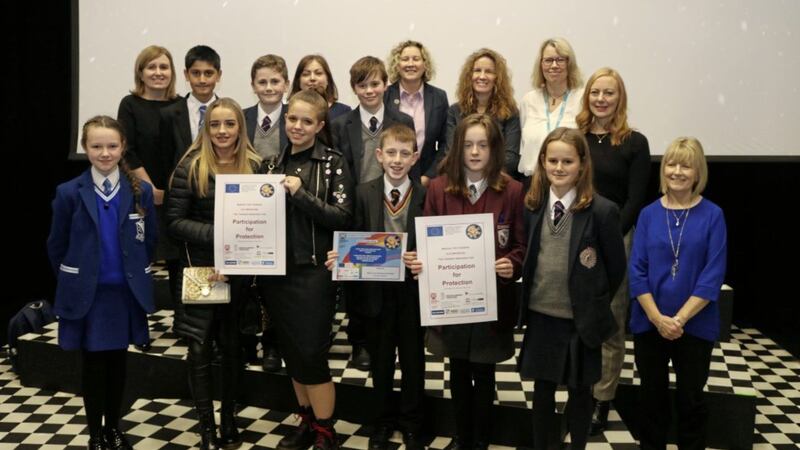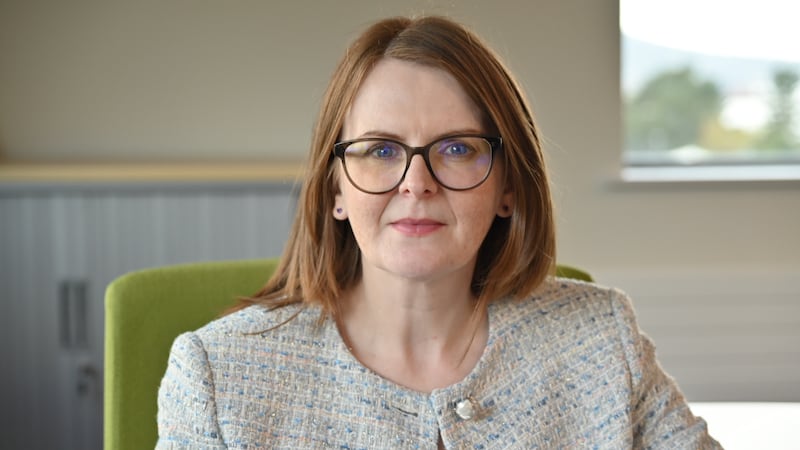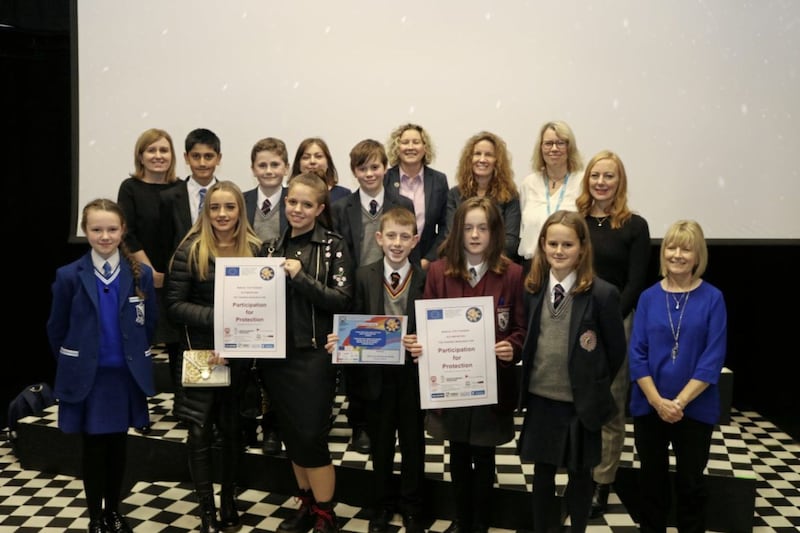A NEW training resource is to enhance child-centred responses to violence against children.
P4P (Participation for Protection) was launched by academics from the Centre for Children's Rights at Queen's University Belfast and Include Youth.
It has been informed by the views and experiences of more than 1,300 young people across six EU member states - Ireland, Austria, Belgium, Germany, Romania and the UK.
Research was carried out through surveys and focus groups.
Children were most likely to say that physical and sexual abuse were examples of violence. Just more than one-third thought that neglect was a form of violence/ harm.
When asked what they would do if they experienced violence, under half said they would tell someone.
The resource will help train professionals on children's understandings of violence; barriers and enablers to disclosure; and what child-rights based responses look like from a child's perspective.
The research was led by Dr Siobhan McAlister, Dr Katrina Lloyd, Prof Laura Lundy, Dr Michelle Templeton and Dr Karen Winter from the Centre for Children's Rights and the School of Social Sciences, Education and Social Work.
"Adults are often reticent to talk with children about violence. This is because of concern that children are too young to understand such a complex and sensitive issue, or that to talk about it might be upsetting or traumatising," Dr McAlister said.
"The P4P project is based on the premise that children have a right to be consulted about issues that affect their lives, and that in order to design meaningful child-centred responses to children who experience violence, we must first ascertain their knowledge, views and needs."


